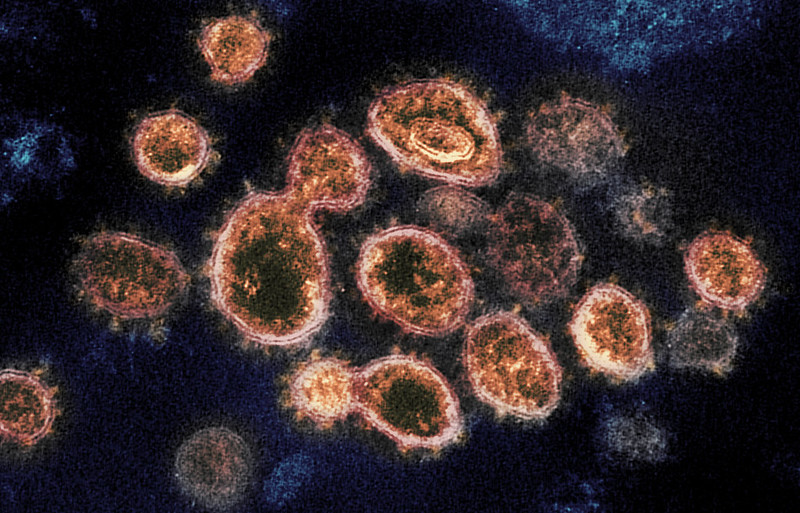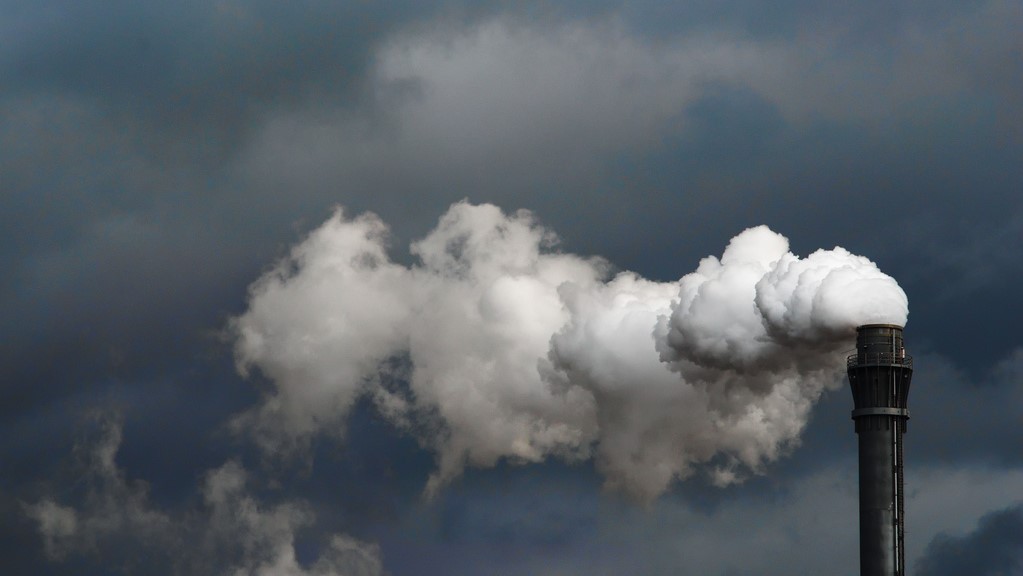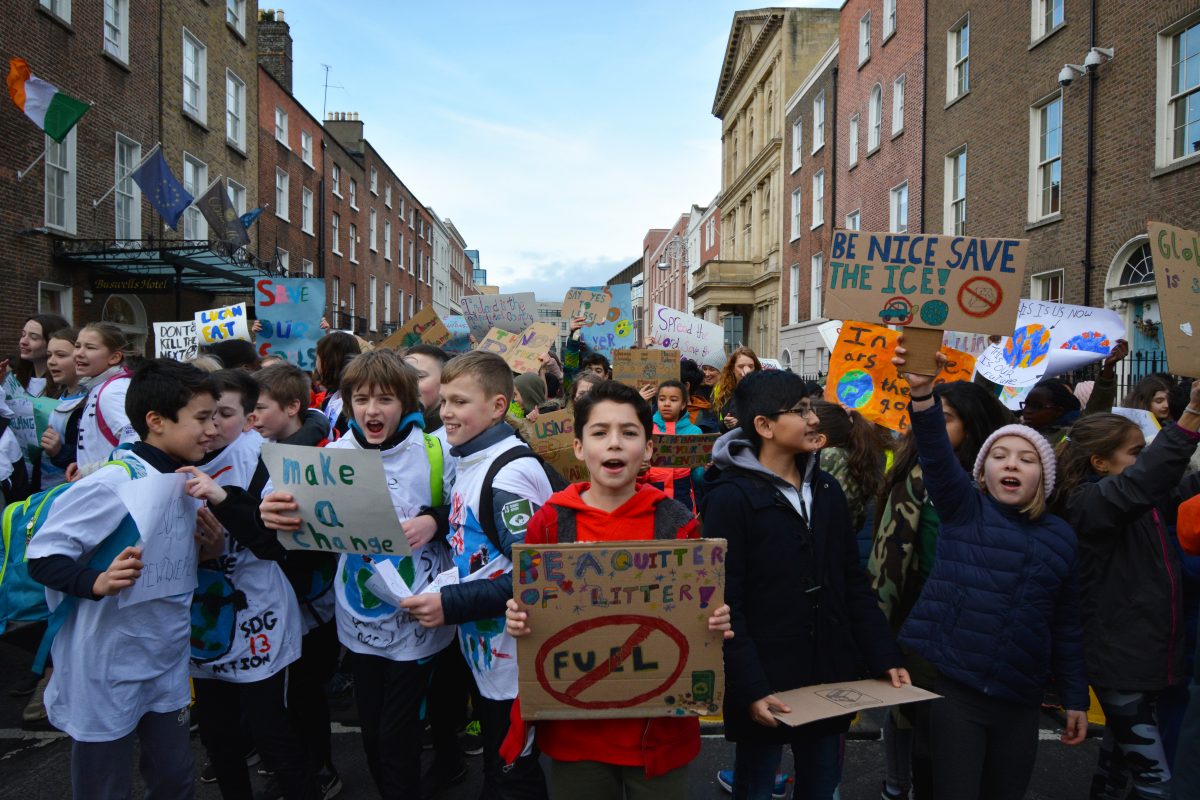Climate and biodiversity action “must drive” post-pandemic recovery

14 July 2020
Aligned policy measures addressing the climate and biodiversity crisis “can and must drive” the post-Covid 19 recovery, a new working paper has found.
The National Economic and Social Council (NESC) published a working paper today on how sustainability can be prioritised in the wake of the pandemic as the recovery presents, an opening, “to doing things differently at EU and national levels”.
The research body, which advises the Taoiseach, outlined a number of strategies for “building-in sustainability” that incorporate resilience to future disruption, including green investment, well-being frameworks, and a just transition approach.
“Catalysts for recovery”
Measures geared towards climate and habitat sustainability have the capacity to reduce emissions and protect biodiversity, but they also serve a wider societal purpose, according to paper author Dr. Jeanne Moore.
These actions can be “catalysts for recovery” and can also serve as “a means of re-imagining our economy and society, and crucially the relationship between them and our natural environment”, Dr. Moore said.
The paper observes that the pandemic has demonstrated an “openness to change and willingness to consider doing things differently” and that the opportunity is ripe to “maximise the long-term benefits” of this response to enhance not only planetary health, but to create a sustainable model for the environment, society and the economy.
The approaches to “building-in sustainability”
The paper presents four areas for exploration that would both capitalize on this “openness to change” and ensure climate action is built-in into government policy.
Frameworks focused on sustainability and well-being, such as the doughnut economic model that prioritizes planetary and societal boundaries and a circular bioeconomy, would be valuable to policy-making, according to NESC.
Such blueprints, the organization goes onto to say, would have the capacity to balance “economic, social and environmental priorities”.
Amsterdam is already adopting this “doughnut model” of recovery, NESC notes, in order to ensure the Dutch capital does not overshoot planetary boundaries.
From a financial perspective, the government should explore attaching “developmental outcomes for the public good” to rescue measures, NESC recommended.
The paper cited an University of Oxford study to support its claim, which notes that a“climate-friendly recovery” is unlikely to be implemented unless it also “addresses existing societal and political concerns”, including poverty alleviation, inequality and social inclusion.
NESC also suggests further work on developing resilience in cities, communities and policy systems and suggested shortening the supply chain to support local food producers as an example.
Finally, the paper stressed that a Just Transition approach, “one that is fair, participative, and place-based both in process and in outcome”, is even more important in the post-pandemic recovery due to economic and social impacts.
Social dialogue will be key in this approach as the government develops its Just Transition Plan, it goes onto to say.
The Programme for Government itself has already noted the scale of the challenge ahead, and stressed that “there will be a variety of different transitions” as to date, “no simple one-size fits all approach” currently exists.
NESC’s call for far-reaching societal change joins a chorus of emerging reports from both the EPA and ESRI which have stressed the need for “systemic change” to address the climate crisis as the State progresses in its recovery plan.
[x_author title=”About the Author”]







